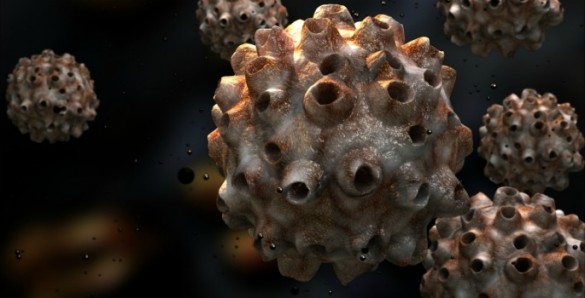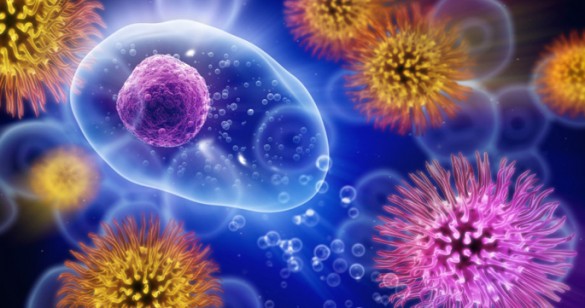Integrins serve as adhesion receptors for proteins in the extracellular matrix and transduce biochemical signals into the cell. They regulate cell functions including migration, proliferation and apoptosis (programmed cell death).
The ILK-PINCH-parvin protein complex (IPP) functions as an intracellular signaling platform for integrins and regulates integrin-mediated signaling pathways.
To determine how ILK (integrin-linked kinase), a central component of the IPP complex, regulates cell function, Roy Zent, MD, PhD, and colleagues selectively induced point mutations in the protein, and analyzed their impact on the IPP complex in the developing mouse kidney and kidney tubule cells.
They found that the mutations disrupted the IPP complex to varying degrees and caused abnormalities in kidney development. They used molecular dynamics simulation, a computer method for measuring molecular movement, to understand how these mutations disrupt the IPP.
Their report, published recently in the Journal of Biological Chemistry, is a step forward in understanding how ILK mutations may disrupt kidney development and epithelial cell function.
Support was provided by the U.S. Department of Veterans Affairs, National Institutes of Health grants DK069921, DK119212 and DK114809, a European Research Council Award and the Max Planck Society.















